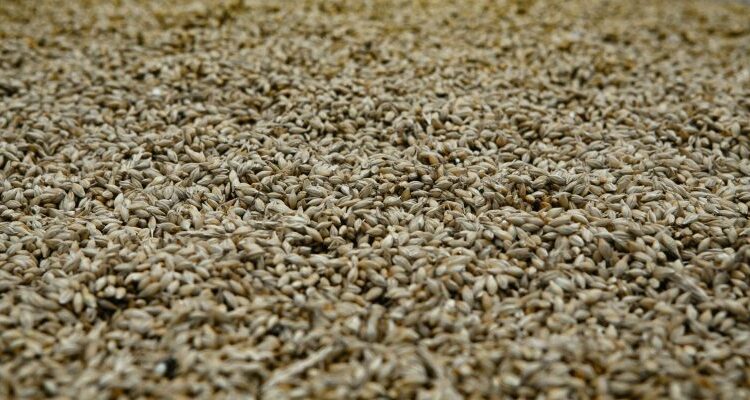France Experiments With Barley Lattes As Coffee Substitute – CoffeeTalk
In the past, French people have been drinking up to 50 cups of coffee a day. Today, eight out of ten French people start the day with a coffee, usually black, and many also down several espressos. However, some complain that it can make them tetchy or anxious. To address this issue, there is a lesser-known alternative made by roasting cereals such as barley. The grains, which look remarkably like coffee beans, are grown in Brittany and can be ground and used in espresso machines or French press coffee-makers.
Micaela Duarte, the owner of a fashionable café on a tree-lined boulevard in Paris’s 11th arrondissement, made an espresso and a latte with Orzo, a coffee substitute made with barley, without additives. The taste was closer to that of freshly ground coffee, with a softer aroma. Both the espresso and the latte were smooth-tasting, although neither provided the authentic coffee kick that Voltaire craved.
Yoann Gouéry, who produces the coffee substitute in Ploeuc-L’Hermitage in Brittany, said that it is not a booster but does give you energy and you won’t feel tired in the afternoon. Like any cereal, it activates the intestinal flora and aids digestion. Gouéry’s small company, Graine de Breton, has a turnover of about €400,000 a year, producing 30 tonnes of various coffee substitutes using barley, spelt, and buckwheat.
Gouéry’s products have been featured in national television news reports. A reporter on the TF1 channel swore off coffee for a month as an experiment and drank only Gouéry’s cereal substitutes. At the end of the month, clearly won over, he said he felt less tired. However, Marie Lijour, a nutritionist, said it might not have been entirely because of the barley beverage.
The French love affair with coffee began after Suleyman Aga, the Ottoman ambassador to the court of Louis XIV, the Sun King, brought it to France in 1669. Café culture took root in Paris during the Age of Enlightenment, when Voltaire gathered with other writers and philosophers at the Café Procope on the Left Bank. Yet, the coffee served in Parisian cafés today is of variable quality.
Duarte’s Moon Coffee Shop, which is highly rated in the prestigious Gault & Millau guide, is part of the new wave. They get a lot of people coming in who want to avoid caffeine, and when they suggest the barley drink, they are often sceptical. They tell them, just try it, and if you don’t like it, you don’t have to pay. So far, everyone has paid and we have some customers who always order it.”
Gouéry’s coffee substitutes are also available in supermarkets with organic counters. At Biocoop, near Place de la République in central Paris, several devotees, but also a few sceptics.
Read More @ The Times
Source: Coffee Talk



